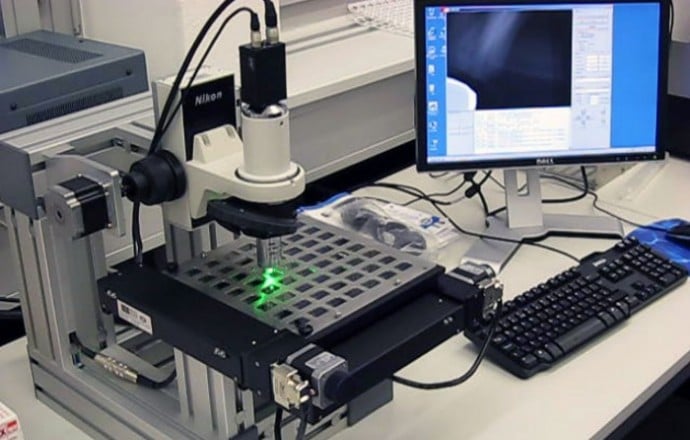Research

In order to carry out its regulatory activities in a professional manner, ENSI must keep abreast of the latest developments in science and technology. To this end, ENSI awards and coordinates research contracts within the framework of its ”Regulatory Security Research” programme.
Projects in the ENSI Research Programme help to clarify outstanding issues, establish fundamentals and develop the tools that ENSI requires to discharge its responsibilities. Moreover, they also foster the skills needed for regulatory activities and help develop independent expertise. Finally, international projects deliver results that Switzerland could not achieve on its own and at the same time encourage international networking.
These are the main objectives of ENSI’s research strategy. Building on this, the following range of topics are the focus of research activities:
- Long-term operation of nuclear power plants, especially matters relating to material ageing,
- Effects of earthquakes on buildings, systems and components of nuclear installations,
- Waste management issues relating to the construction of deep geological repositories, including the encapsulation plant and long-term dry storage of spent fuel elements,
- Radiation exposure of humans and the environment.
In addition, the ENSI research programme includes the following topics:
Fuels
The area of fuels relates to the reactor core. Here research is particularly concerned with high burn-up rates and the behaviour under accident conditions of both current and newly-developed fuels.
Internal events and damage
Projects conducted under the auspices of the Nuclear Energy Agency (NEA) encourage the international exchange of experience on damage to components and accidents in nuclear power plants. Subject-specific databases are being created for this purpose and used to facilitate the systematic analysis of operating experience from many countries.
External events
Earthquakes and aircraft crashes are the most important external events.
Human factors
On the one hand, human factors traditionally relate to the influence of operator actions on accidents in nuclear power plants and their modelling in probabilistic safety analyses. On the other hand, organisational and ethical issues are now also being examined.
System behaviour and accident sequences
System behaviour and accident sequences in nuclear power plants are analysed from normal operation through to core meltdown accidents. This entails creating computer models and validating them by carrying out experiments. Such models are also used as a basis for the quantitative identification of plant risk in probabilistic safety analyses.
Annual research and experience reports
The results of the research supported by ENSI can be found in the annual research and experience reports.
Contact form for research projects
Do you have a proposal for a research project supported by ENSI? Then please use the contact form for research projects.